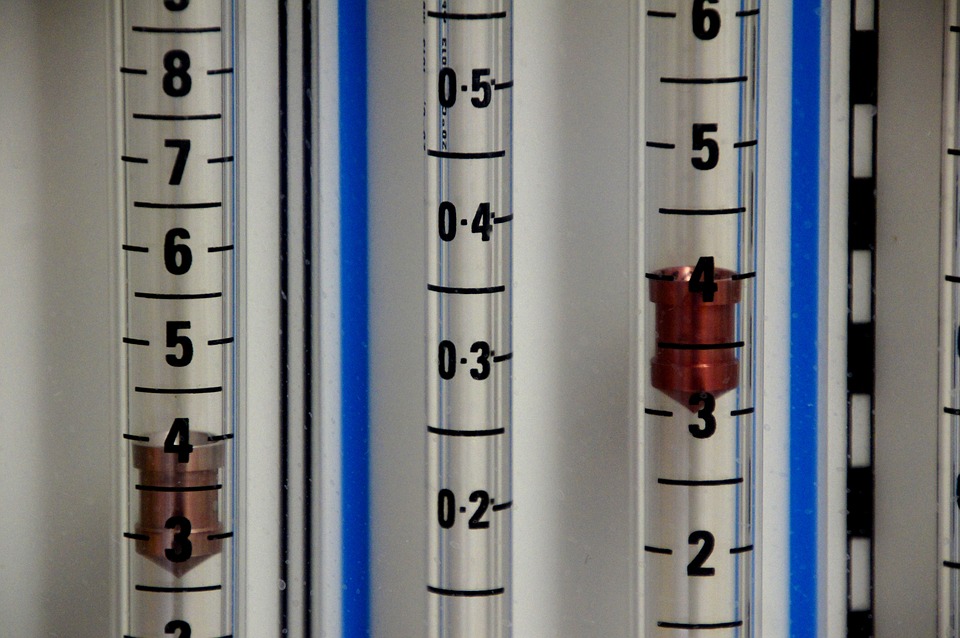
TheMUC5Bgene codes for mucin – a protein that is normally found in mucus secretions, and which is part of the body’snaturaldefence against infection. The promoter variantcalledrs35705950is a common variantin theMUC5Bgene, with anallele frequency of 0.1 in the Finnish population.Overexpression ofMUC5Bin lungs influences the development of pulmonary fibrosis.The promoter variant rs35705950 inMUC5Bis the strongest known genetic risk factor for rheumatoid arthritis-associated interstitial lung disease (RA-ILD). However, there are no large-scale data on the impact oftheMUC5Bpromoter varianton the long-term incidence of RA-ILD.
Antti Palomäki and colleagues used Finn Gen- a collection of epidemiological cohorts and hospital biobank samples – to describe the long-term risk of RA-ILD in people with RA carrying theMUC5Bpromotervariant compared to those without the variant.Finn Genis able to link people’s genetic information with up to 46 years of follow-up data within nationwide registries.
Of 248,400people, 5534 had been diagnosed with RA, and 178 of these (3.2%)haddeveloped ILD.TheMUC5Bpromoterwas a strong predictor ofdevelopingILD inpeople with RA, conferring a lifetime risk of ILD of 14.5%by age 80, compared to 5.2% inpeoplewith RAwho did not carry the promoter variant. In the general populationof people without RA,MUC5Bpromotercarriers and non-carriers had lifetime risks ofdeveloping ILD of3.9% and 1.3%, respectively.
Theauthors found that therisk difference started to emerge attheageof65. The risk was highest in men with RA who areMUC5Bcarriers. In this group,18.5%of carriersdeveloped ILD, compared to 8.5% of non-carriers.
These findings have clinical implications for improving identification of people with RAwho areat high risk for developing ILD.